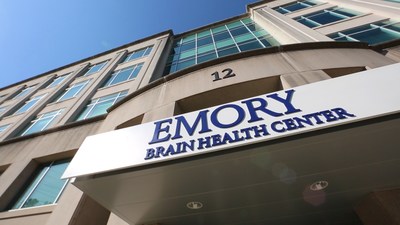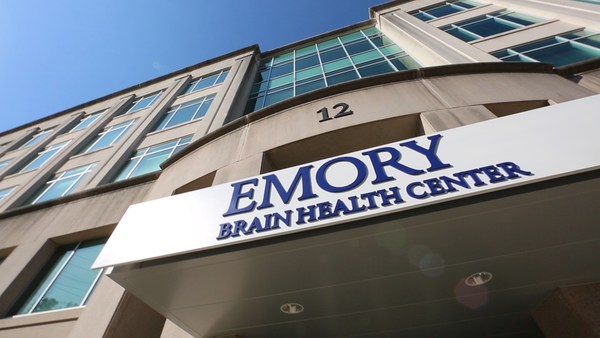Warrior Care Network Targets Sleep Issues in Wounded Veterans
ATLANTA, April 25, 2017 /PRNewswire-USNewswire/ -- As many as 500,000 of today's generation of veterans live with the effects of post-traumatic stress disorder (PTSD). These men and women cope with a number of symptoms including flashbacks, frightening thoughts, anger, and interruptions in sleep.

"Disturbed sleep with troubling dreams is one of the defining characteristics of PTSD, so it is a big problem for vets," said Dr. Don Bliwise. Bliwise is the director of the Sleep, Aging, and Chronobiology Program at Emory Healthcare.
The hospital's Veterans Program is part of Warrior Care Network® – a partnership between Wounded Warrior Project® (WWP), the Department of Veterans Affairs (VA) and four top other academic medical centers around the country. Warrior Care Network connects veterans across the nation to world-class care, aimed at healing the invisible wounds of war.
The Veterans Program connects warriors with its sleep program to focus on two areas of concern, which can cause problems simultaneously.
"We look at sleep apnea and rapid eye movement sleep behavior disorder, or RBD," Bliwise said. "Both can be diagnosed with a sleep study."
Warriors stay overnight in the sleep lab to have their sleep carefully monitored by trained professionals using special equipment. The results of that exam lead to targeted treatments – breathing machines for sleep apnea, and medication in some cases for RBD.
"In some instances, we decrease a medication the patient is already taking," Bliwise explained. "That prescription may be making the individual's symptoms worse."
At the Veterans Program, managing sleep disorders is part of the equation.
"Successful treatments for PTSD should also work toward controlling this kind of sleep disturbance," Bliwise said.
Warrior Care Network and its partner hospitals (The Veterans Program at Emory Healthcare; the Road Home Program at Rush University Medical Center; Operation Mend at UCLA Health; and Home Base, a Red Sox Foundation and Massachusetts General Hospital program) provide treatment and coping skills for warriors dealing with PTSD. Beyond just sleep studies, Warrior Care Network provides intensive two- to three-week outpatient programs that include more therapy hours than most patients would experience in a year.
Learn more about Warrior Care Network and the partner medical centers at https://www.woundedwarriorproject.org/programs/warrior-care-network.
About Wounded Warrior Project
Wounded Warrior Project® (WWP) connects, serves, and empowers wounded warriors. Read more at https://newsroom.woundedwarriorproject.org/.
SOURCE Wounded Warrior Project
